Thanks for adding the tips to sleep, been having some issues falling asleep lately
A Lack of Sleep May Cause the Brain to Eat Itself, According to a Study
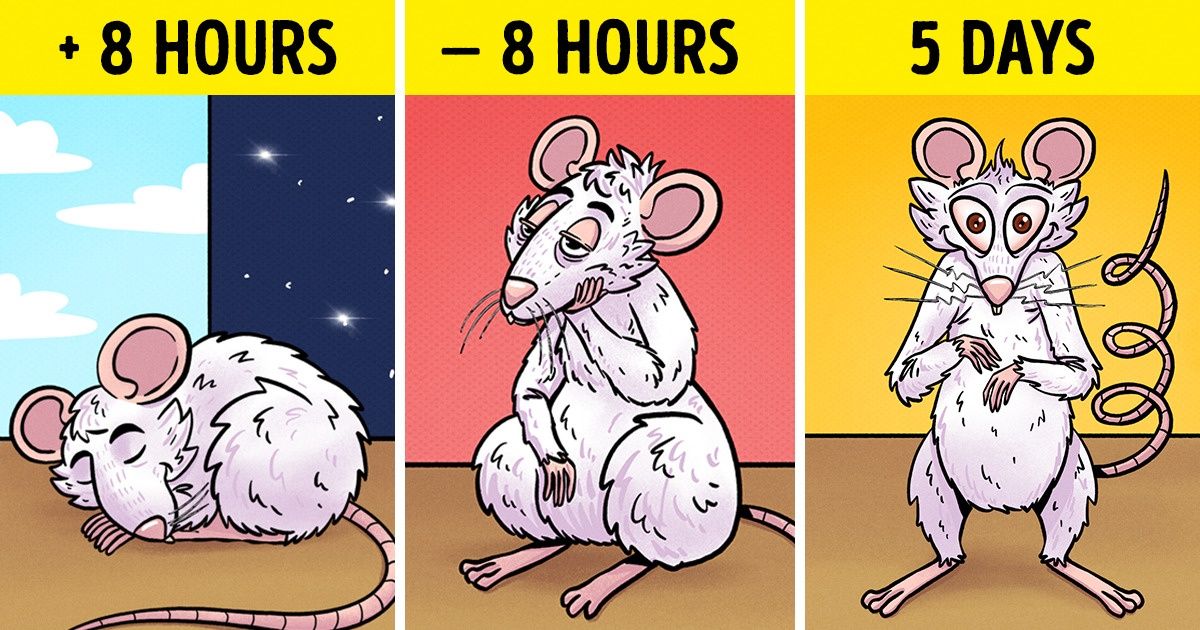
We at Bright Side would like to tell you about a study that could make you reconsider the importance of a healthy sleep regime.
Sleep helps us release toxins.
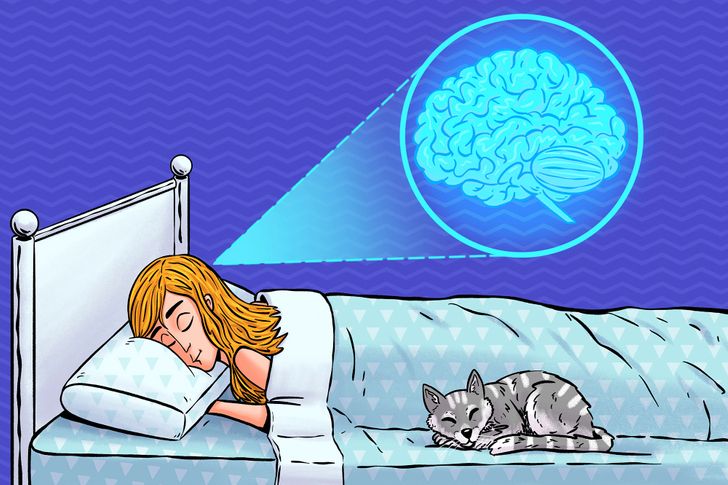
Sleep regenerates our immune system, our respiratory system, and our energy levels, allowing our brain to process the information it has acquired during the day, in addition to regulating our blood pressure and heart rate. But it also eliminates toxins from the neurological activity we experience during the day. When we don’t have enough hours of rest, our body converts these toxins into a kind of fuel reserve.
Burning brain fuel
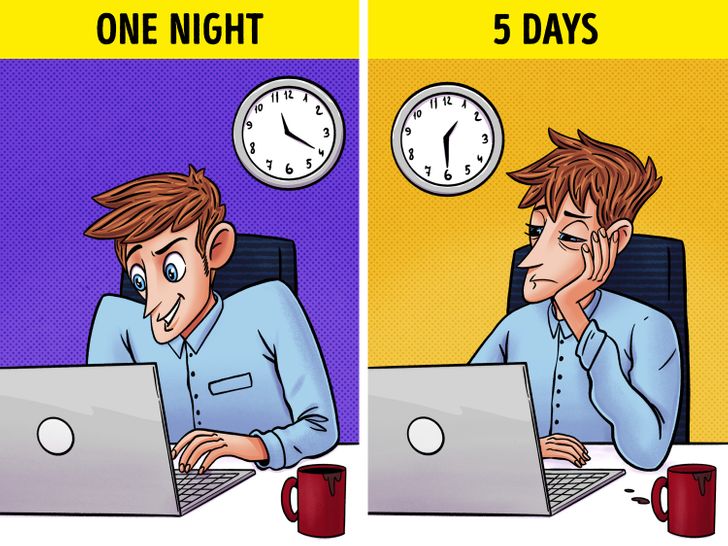
In the short term, eliminating these toxins could be beneficial for our brain’s health, since all that energy would be used for that process. However, in the long term, in cases with people who suffer from sleep apnea or chronic insomnia, using all the reserves of their brain could affect its functions and contribute to the degeneration of this vital organ.
A study in mice
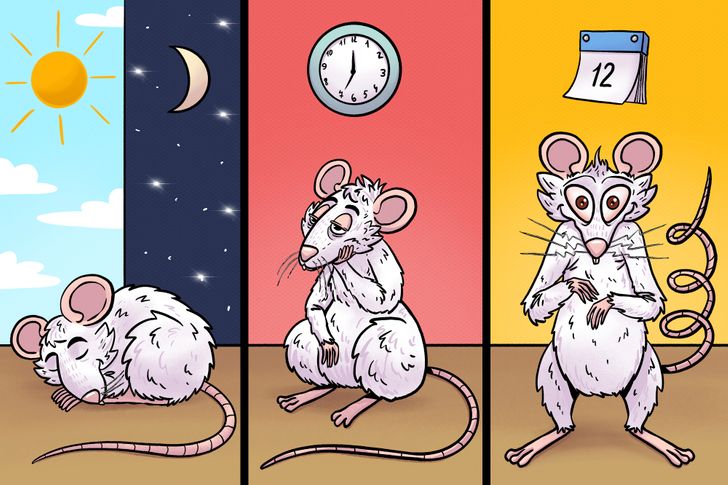
A team of neuroscientists, led by Michele Bellesi of the Marche Polytechnic University (or Polytechnic University of the Marches), conducted a study using mice that they divided into different groups. The first group could sleep as much as they wanted during the day, the second would be obliged to be awake and sleep less than 8 hours a day, and the third one had to be alert for 5 days in a row so that the scientists could observe the changes in their brains.
Cleaning cells
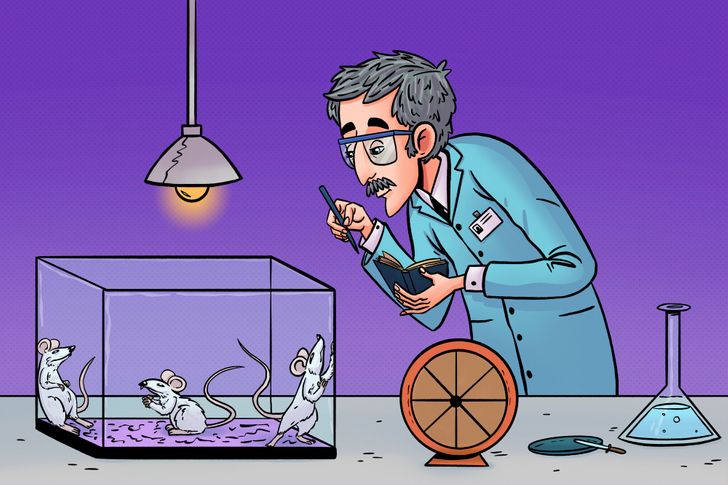
Astrocytes are responsible for the brain’s self-cleaning function and are also present in mice. That was how, by observing the activity of these cells, they were able to obtain a result. At the end of the experiment, the brains of the mice that had slept long enough had an astrocyte activity level of 6%, the second group had an astrocyte activity level of 8%, and the third, after 5 days, had an astrocyte activity level of 13.5%. This means that our cells will do a more thorough “cleaning” the less we sleep.
The brain may eat itself.
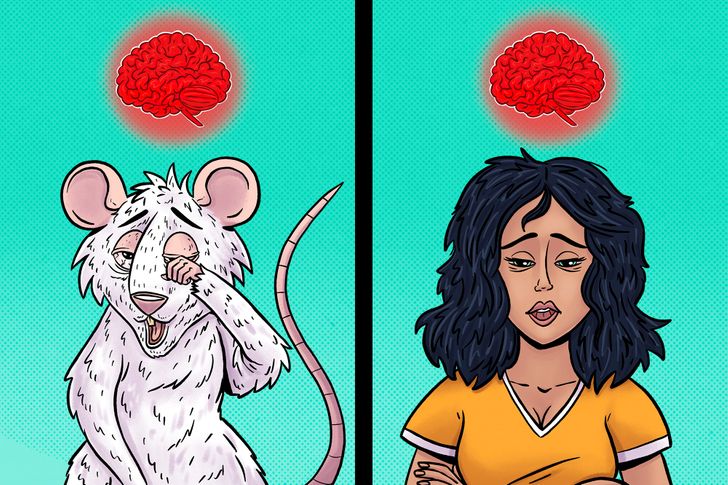
In rats, this process practically consists of consuming the synapses in their brain and suggests that the same effect may occur in humans. Not sleeping several nights in a row could cause this function to overflow, making us prone to degenerative diseases like Alzheimer’s or contributing to dementia in the long term.
Tips for better sleep

There are different methods that can help you fall asleep if you sometimes experience insomnia, but if your problem is persistent, we recommend that you see a specialist.
- Practice meditation.
- Adjust the environment of your bedroom to make it more comfortable.
- Do physical activity.
- Limit the use of electronic devices.
- Go to bed at the same time every day.
- Reduce your caffeine intake.
- Expose yourself to sunlight for a moderate amount of time.
Do you think this phenomenon also occurs in the human brain? Which techniques help you improve your sleep quality? We would love to hear your opinion in the comments.
Comments
I recently started meditation, I never took it serious and even now it's hard to see if it actually works.. maybe it's just not for me
Related Reads
13 Mothers-in-Law Whose Kindness and Compassion Broke Every Stereotype

I Refused to Turn Our Romantic Trip Into a Family Vacation and Faced the Consequence

My Stepmother Inherited Everything and Kicked Us Out—But She Didn’t Count on One Thing

10 Times a Painful Truth Turned Into Kindness That Saved a Soul

I Refused to Follow My Boss’s Dress Code—HR Had to Step In

I Refuse to Give My Retirement Savings to My Adult Son—I’m Not Responsible for His Failures

My Cousin Uninvited Me to Save Money—My Petty Revenge Was Absolutely Worth It

12 Life Moments Where Quiet Kindness Played the Main Role

My Parents Mocked Me for Being Childfree—Now They’re Living the Irony

17 Moments That Prove Kindness Is the Strongest Payback

My Daughter Disrespected My Sacrifices—And I Refused to Let It Slide

My Boss Publicly Shamed My Small Charity Donation—So I Revealed Exactly How Much He Gave
